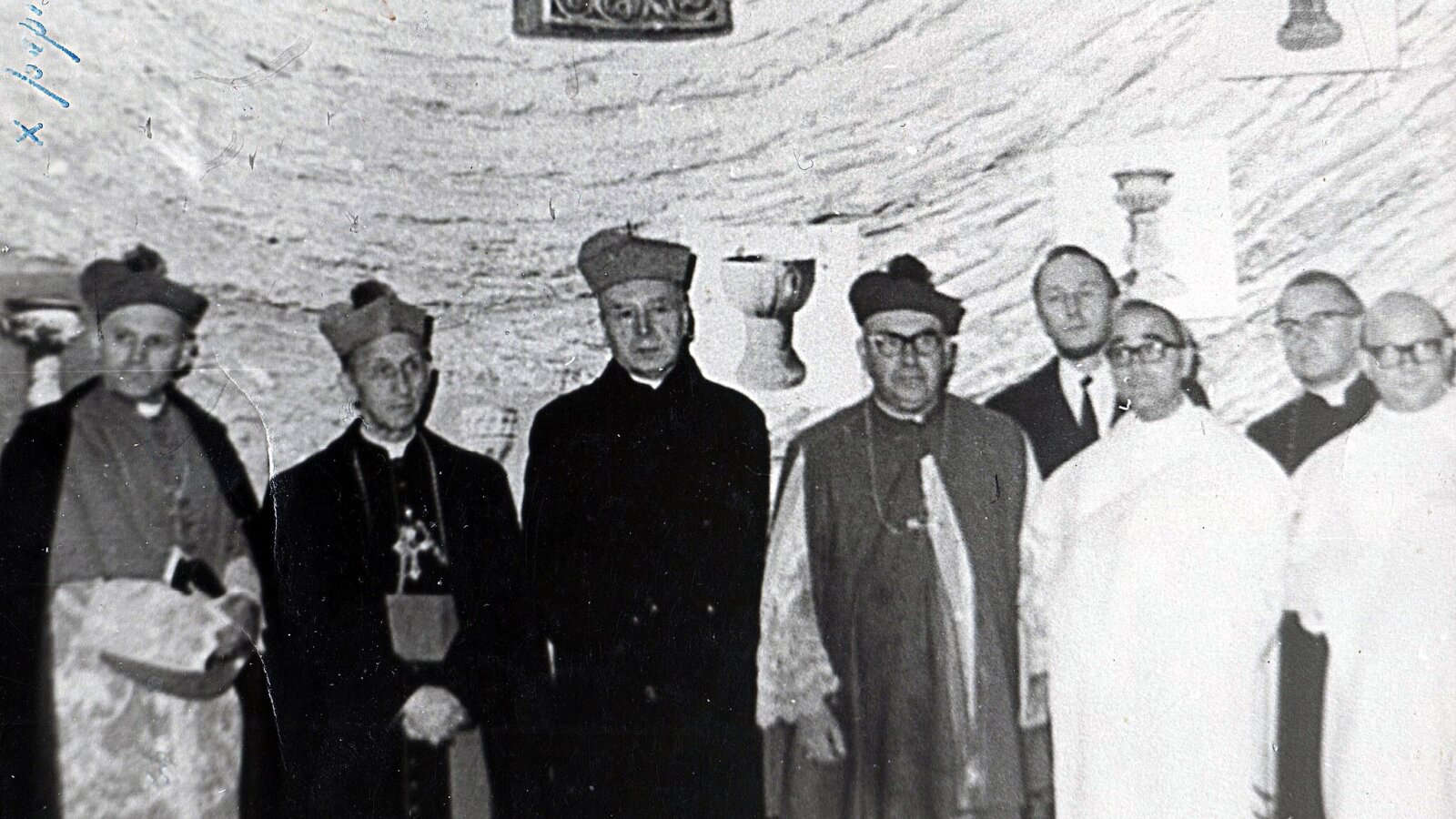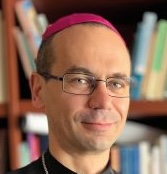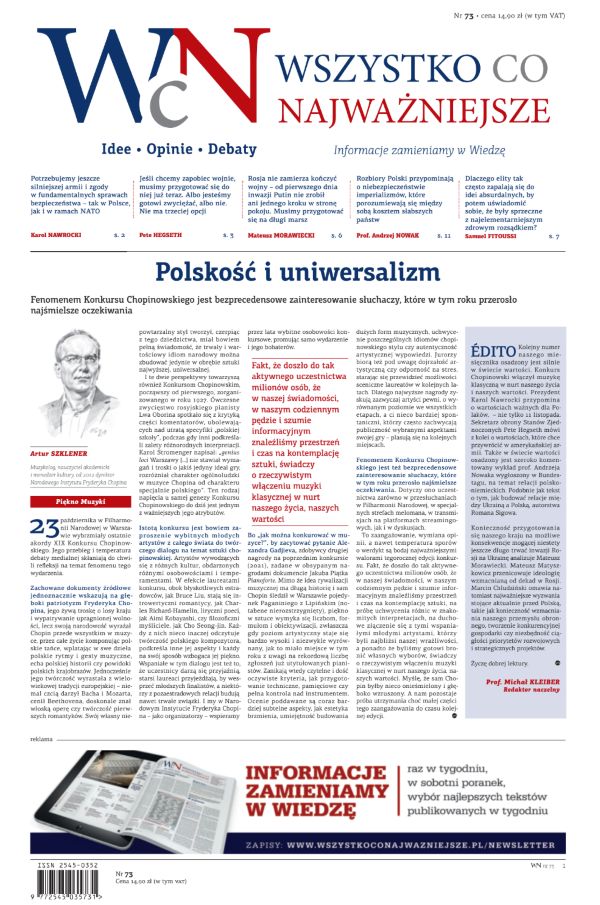
 A prophetic gesture bearing fruit to this day
A prophetic gesture bearing fruit to this day
‘Reconciliation is a truly biblical word, perhaps even embedded in the very essence of Christianity. It immediately brings to mind 2 Corinthians, where Paul first emphasises God’s reconciliation with us and then urges us to reconcile with each other in Christ’s name. The concept is deeply rooted in Christian theology; however, it is more than just an idea – it is a reality and an experience,’ says Bishop Maciej MAŁYGA
.This year marks the 60th anniversary of a powerful letter from Polish bishops to their German counterparts, advocating Christian reconciliation. The letter stressed that while forgiveness is essential to reconciliation, it does not mean forgetting or ignoring past wrongs. The past, after all, cannot be erased from memory. The bishops outlined the long and complex history of Polish–German relations, recalling both reasons for pride – such as the life of St Jadwiga of Silesia and the works of Wit Stwosz – and dark chapters marked by injustice, death, tears, ruin, plague, war and crematoria. Acknowledging the whole truth is vital not only for reconciliation but also for finding new ways of dealing with memory and history.
We still enjoy the positive outcomes of that letter. The Polish-German reconciliation, initiated by Cardinal Kominek and the bishops, undoubtedly paved the way for the Europe we know today, with its freedom of movement, meetings, connections and open borders. It was, in my view, a prophetic act, bearing fruit to this day. And though it may seem obvious now, it was an act of true wisdom and courage at the time.
.This story illustrates just how long and complicated the reconciliation process can be. It also offers a valuable lesson in the context of current Polish–Ukrainian relations. Would a similar letter be appropriate for addressing a painful historical event like the Volhynia massacre? Certainly. However, it remains a complex issue and one that is still far from resolution, much like the situation decades ago. It requires a lot of elements to come together, as well as the commitment of entire societies and the sacrifice of individuals willing to risk their good name. We also need the kind of impetus that the Second Vatican Council gave the Polish bishops’ letter sixty years ago. Many meetings and small gestures will be necessary, too. While everyone agrees that reconciliation between nations is highly desirable, it is important to recognise that the journey will be long and demanding.






